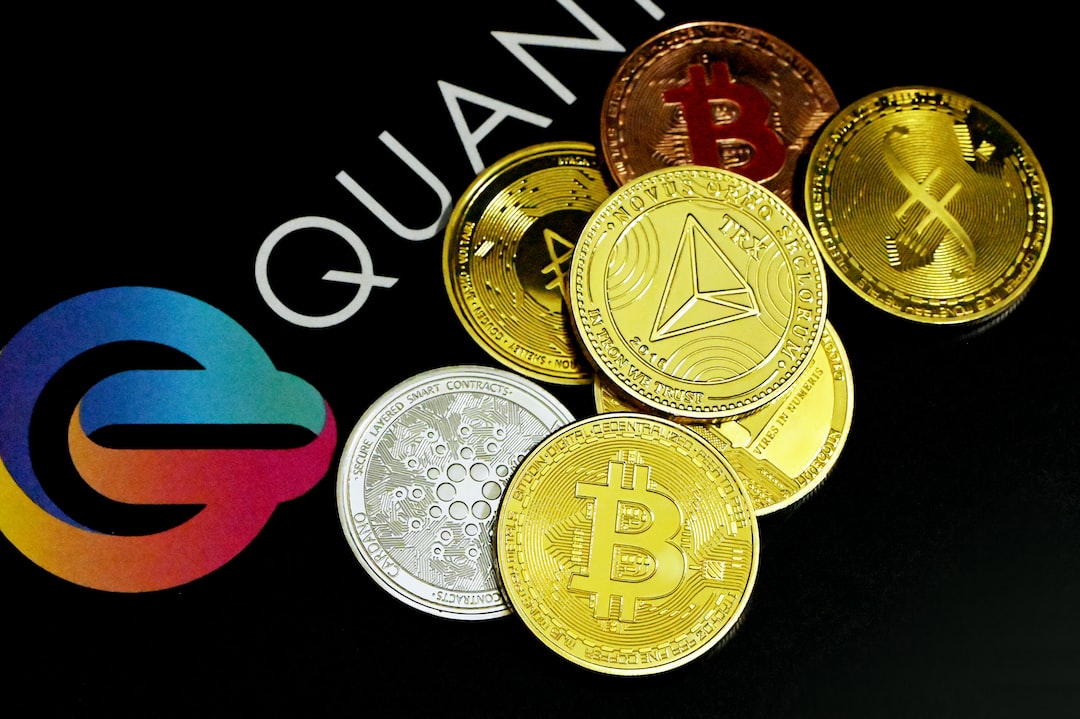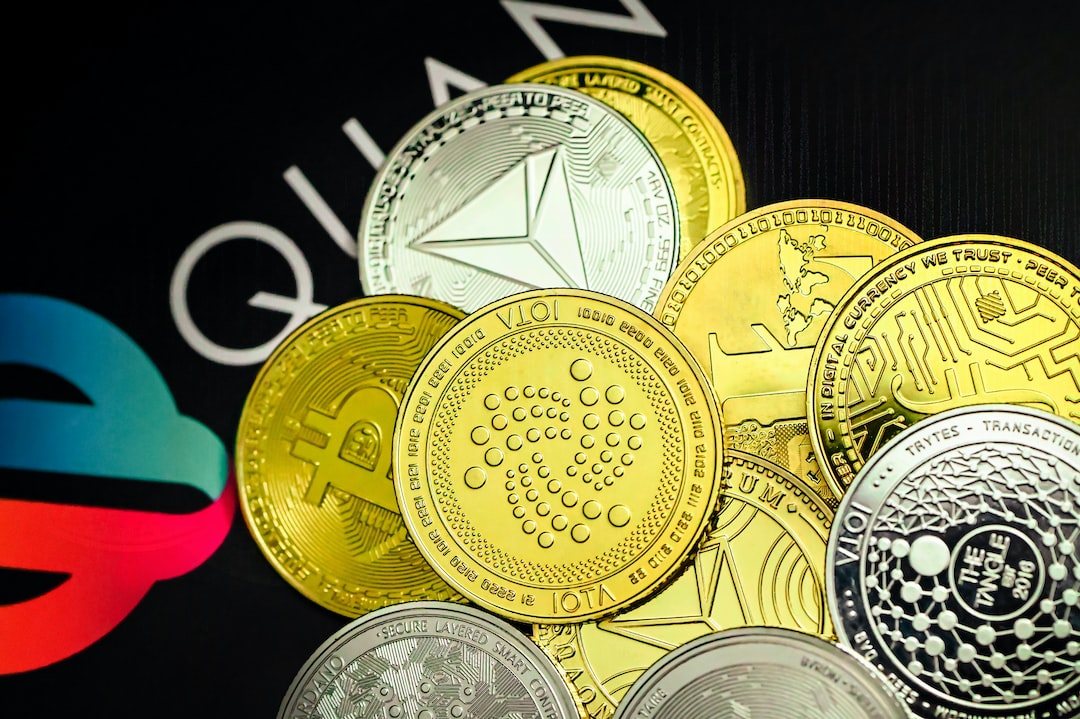DeepMind Co-founder Urges Restricting Nvidia’s AI Chip Supply Based on Ethics
Mustafa Suleyman, co-founder of DeepMind, believes that the US government should limit the supply of artificial intelligence (AI) chips from Nvidia to companies that adhere to ethical standards. Suleyman argues that this approach will ensure AI development is carried out responsibly, given the challenges regulators face in keeping up with the technology.
Key Points:
- Suleyman suggests restricting Nvidia’s supply of AI chips to ethical companies to promote responsible AI development.
- He highlights the importance of regulating the AI industry in the present rather than delaying it.
- Suleyman believes that agreements among companies to develop AI responsibly offer more immediate benefits than legislation.
- Google’s project, Gemini, and OpenAI’s integrations aim to enhance AI capabilities for complex tasks.
- Rights groups oppose industry-led regulation, arguing it benefits the industry rather than society.
According to Suleyman, the agreement among US companies to develop AI responsibly will yield more immediate advantages compared to waiting for primary legislation. Google and Inflection, Suleyman’s AI company, have recently introduced tools that expand AI capabilities beyond large-language models. OpenAI is also working on similar integrations to enable AI to handle complex tasks effectively.
The concerns surrounding the rapid advancement of advanced AI have prompted regulators to call for quick action to prevent potential catastrophes. While China has banned platforms from using non-socialist data, the European Union’s proposed draft regulation is deemed overly punitive. The US has initiated attempts to regulate the industry, starting with banning chip exports to China and other regions.
However, rights groups argue that industry-led regulation, as proposed by Suleyman, primarily benefits the industry rather than society. Critics believe that allowing companies to experiment with AI systems known to cause widespread harm without proper governance is risky.
Hot Take:
As the AI industry continues to advance, the need for responsible development and regulation becomes increasingly critical. By restricting the supply of AI chips to companies committed to ethics, Suleyman believes we can ensure that AI is developed in a responsible manner. However, the debate between industry-led regulation and government intervention remains contentious, with concerns over potential biases and conflicts of interest. Striking the right balance between innovation and accountability will be crucial for the future of AI.





 By
By
 By
By
 By
By
 By
By
 By
By
 By
By